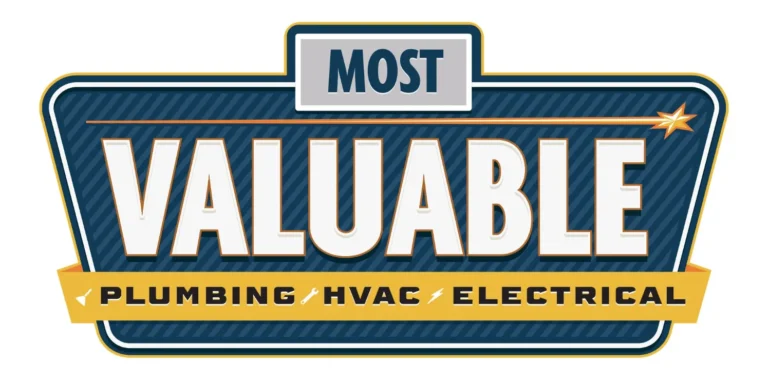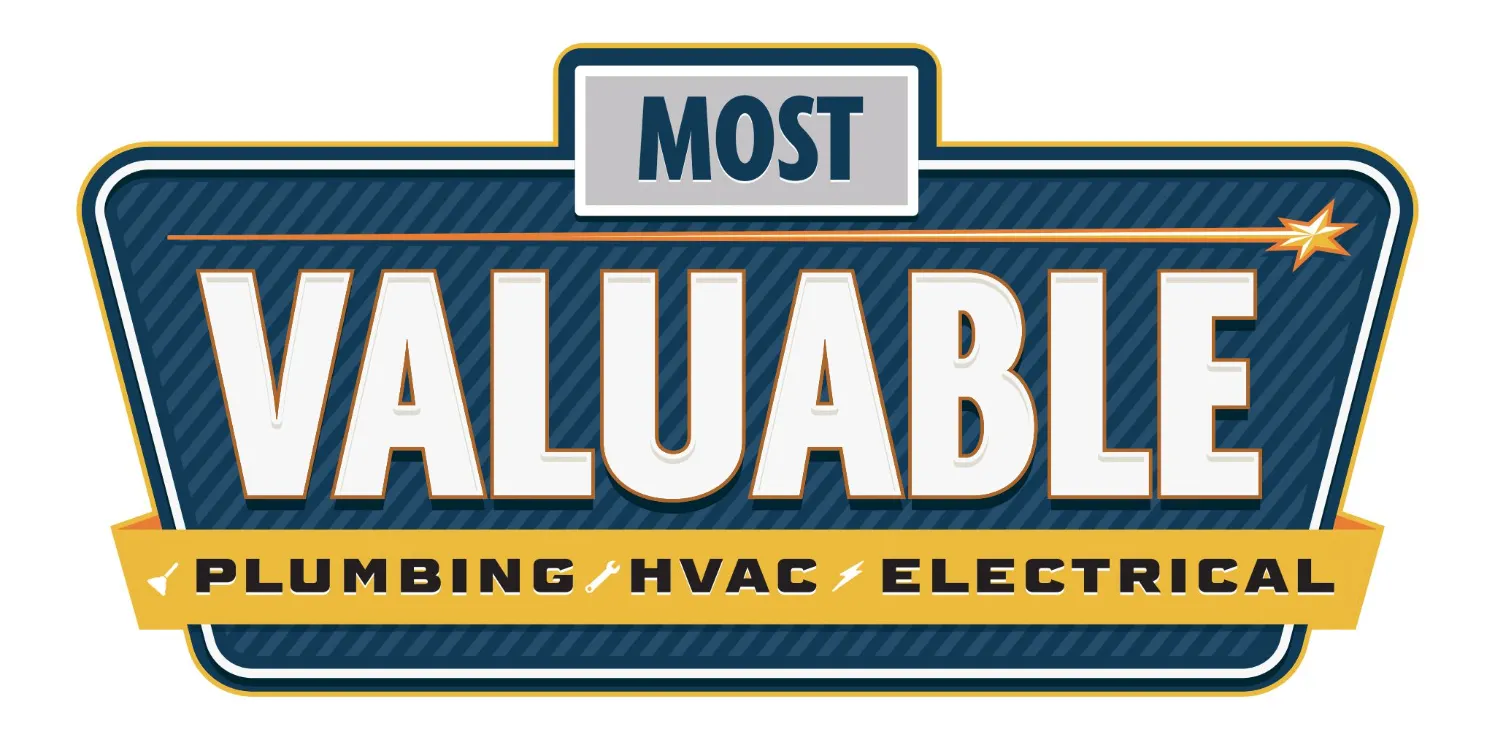Drain clogs are a common problem in many homes. They can be annoying and sometimes even lead to serious plumbing issues. Understanding what causes these clogs can help you prevent them and keep your drains flowing smoothly. In this article, we’ll explore the common causes of drain clogs and provide some tips on how to avoid them. Remember, let a professional plumber from Most Valuable Plumber handle clog removal to ensure it’s done right and safely.
Are plumbing issues causing you stress? Turn to the pros at Most Valuable Plumber! Dial 855-458-9170 or explore Most Valuable Plumber to book your appointment. Your home deserves top-tier plumbing solutions!
Hair
One of the most common causes of drain clogs is hair. Hair can easily get tangled and stuck in the drain, especially in the bathroom. When you take a shower or wash your hair, loose strands can go down the drain and accumulate over time. This creates a blockage that prevents water from flowing freely.
How to Prevent Hair Clogs:
Use a drain cover or hair catcher in your shower and sink.
Clean the drain cover regularly to remove trapped hair.
After washing your hair, collect any loose strands and throw them in the trash instead of letting them go down the drain.
Call to schedule prompt service with Most Valuable Plumber: (818) 697-8263
Los Angeles County
Orange County
Ventura County
Grease and Oil
Grease and oil are common culprits in kitchen drain clogs. When you cook, grease and oil can go down the drain and solidify as they cool. This creates a sticky buildup that can trap food particles and other debris, leading to a clog.
How to Prevent Grease and Oil Clogs:
Never pour grease or oil down the drain.
Let grease and oil cool and solidify, then dispose of them in the trash.Wipe greasy pans with a paper towel before washing them.
Food Particles
Food particles can also cause kitchen drains to clog. Small pieces of food can go down the drain and accumulate, especially if you don’t have a garbage disposal. Over time, these particles can build up and block the drain.
How to Prevent Food Particle Clogs:
Use a sink strainer to catch food particles. Empty the strainer regularly. Avoid putting large amounts of food waste down the drain, even if you have a garbage disposal.
Soap Scum
Soap scum is a residue that forms when soap mixes with hard water. It can stick to the walls of your pipes and accumulate over time. This is common in bathroom sinks, showers, and tubs.
How to Prevent Soap Scum Clogs:
Use liquid soap instead of bar soap, as it tends to create less residue.
Rinse your sink, shower, and tub with hot water after each use.
Clean your drains regularly to remove soap buildup.
Dirt and Debris
Dirt and debris can enter your drains from various sources. For example, when you wash your hands, face, or body, dirt can go down the drain. Washing muddy clothes or rinsing off dirty items can also contribute to clogs.
How to Prevent Dirt and Debris Clogs:
Shake off excess dirt and debris outside before washing dirty items.
Use a drain cover to catch larger particles.
Clean your drains regularly to remove any buildup.
Toilet Paper
While toilet paper is designed to dissolve in water, using too much at once can cause a clog. This is especially true for thicker or multi-ply toilet paper. When too much toilet paper is flushed at once, it can create a blockage in the toilet or sewer line.
How to Prevent Toilet Paper Clogs:
Use only as much toilet paper as you need.
Consider using thinner toilet paper if clogs are a frequent problem.
Flush twice if you need to use a lot of toilet paper.
Foreign Objects
Sometimes, foreign objects can accidentally end up in the drain. This can include small toys, jewelry, or other items that fall into the sink or toilet. These objects can get stuck in the pipes and cause a clog.
How to Prevent Foreign Object Clogs:
Keep small objects away from sinks and toilets.
Use drain covers to catch any items that might fall in.
Teach children not to flush anything other than toilet paper down the toilet.
Tree Roots
Tree roots can cause serious clogs in your main sewer line. Trees are naturally attracted to the moisture and nutrients in sewer lines. If there is a crack or small leak in the pipe, tree roots can grow into it and cause a blockage.
How to Prevent Tree Root Clogs:
Be mindful of where you plant trees and shrubs in your yard.
Regularly inspect and maintain your sewer lines.
Consider using a root barrier to prevent roots from growing into your pipes.
Mineral Buildup
If you have hard water, minerals like calcium and magnesium can build up inside your pipes. Over time, this buildup can reduce the flow of water and cause clogs.
How to Prevent Mineral Buildup Clogs:
Use a water softener to reduce the minerals in your water.
Regularly clean your pipes to remove any buildup.
Consider using a descaling solution to break down mineral deposits.
Flushing Non-Flushable Items
Many items that people flush down the toilet are not designed to be flushed. This includes wipes, diapers, feminine hygiene products, cotton balls, and more. These items do not break down easily and can cause serious clogs.
How to Prevent Non-Flushable Item Clogs:
Only flush toilet paper and human waste down the toilet.
Dispose of wipes, diapers, and other non-flushable items in the trash.
Teach your household what can and cannot be flushed..
Conclusion
Clogs can be a hassle, but understanding their common causes can help you prevent them. By paying attention to what goes down your drains and keeping them clear, you can avoid the inconvenience and cost of clogs.
Remember to use drain covers, dispose of waste properly, and clean your drains regularly. If you encounter a clog, contact a professional plumber from Most Valuable Plumber for help. Keeping your drains clear will help ensure your plumbing system runs smoothly and efficiently.


